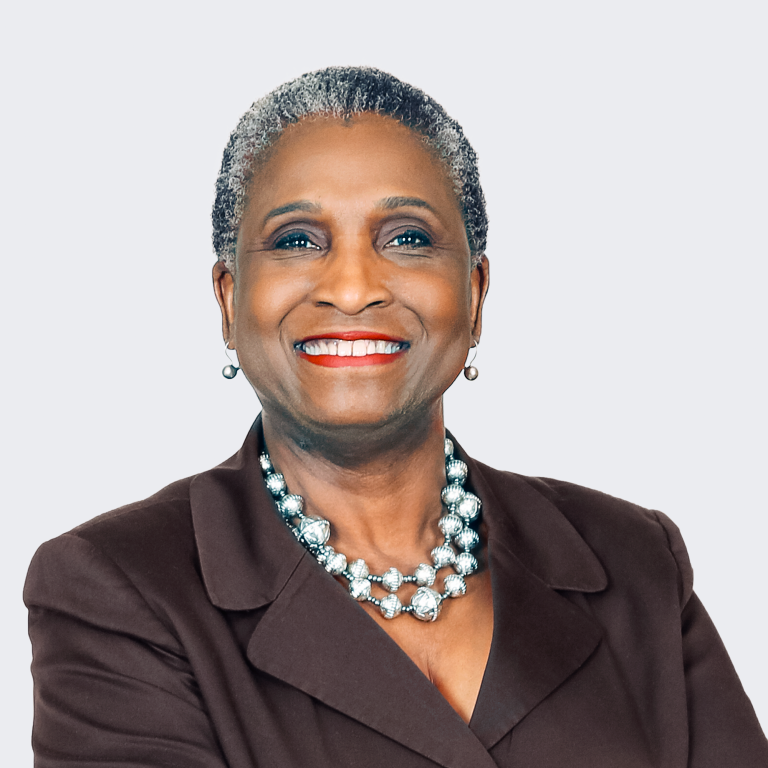The FLSA: 86 Years Young
The Wage and Hour subcommittee of the Labor and Employment...

Linda Bond Edwards devotes her practice to the representation of employers in the private and public sectors in matters involving employment and labor issues. As a former corporate director of human resources, Linda brings to her legal practice the pragmatic and real world experiences arising from the employer-employee relationship. She is also a county and circuit court mediator certified by the Florida Supreme Court, in which she assists parties in resolving their disputes through the use of the mediation process. Linda also arbitrates employment and commercial disputes privately and through the American Arbitration Association.
A seasoned employment lawyer, Linda represents public and private employers in the health care, law enforcement, municipal government and benefits management industries. Linda advises clients on employment matters including hiring, retention and termination practices. Consultation, training and education on issues such as discrimination and harassment are part of her practice. She routinely develops, prepares and presents training and educational seminars for clients and others in the public and private sectors including law enforcement, diversity and public records law. Linda also represents clients in collective bargaining and has experience serving as the chief negotiator for clients during the collective bargaining process. She also represents elected officials before the Ethics Commission.
Beyond litigation, Linda conducts workplace investigations into harassment and discrimination, audits clients’ employment practices and provides proactive advice that helps employers avoid and/or limit liability. She also prepares affirmative action plans for clients and assists clients in obtaining non-immigrant visas.
Linda also litigates claims arising from the employment relationship. She represents public and private employers in judicial and administrative proceedings including those before the Equal Employment Opportunity Commission (EEOC) and the Florida Commission on Human Relations (FCHR). She defends clients in cases asserting claims under Title VII of the Civil Rights Act of 1964 and Chapter 760, Florida Statutes, including those based on religion, national origin, race and gender. She also has extensive experience defending against wage and hour claims (collective actions) brought under the Fair Labor Standards Act (FLSA), the Americans with Disabilities Act (ADA), and the Family and Medical Leave Act of 1993 (FMLA) as well as allegations of age discrimination brought under the Age Discrimination in Employment Act (ADEA). She has also defended entities on public records issues.
As a mediator, Linda assists parties in reaching mutually acceptable resolutions to their disputes. She has mediated matters involving personal injury claims as well as those involving warranty, foreclosures, title challenges and other consumer-related issues. She does not mediate family law matters.
Linda is AV-Rated by Martindale-Hubbell. Outside of the courtroom, she is a frequent speaker and trainer on issues concerning the employer/employee relationship including such topics as the prevention of sexual harassment, the ADA, the FMLA and the FLSA, as well as hiring, retention and termination practices.
1D11-3714
On February 23, 2012, the First District Court of Appeal held that questions and answers in a law enforcement pre-employment polygraph examination are exempt from the public record. Robyn Rush, represented by retired University of Florida professor Joseph Little, argued that the City of High Springs violated Florida Statutes Chapter 119 when the City redacted the polygraph examination questions and answers from a document she requested. The City argued and the Court agreed that the plain language of the exemption found in Chapter 119.071(1)[1] applied in this case. Although Mr. Little had various arguments regarding legislative intent and why the exemption did not apply, the Court rejected his arguments and stated that if the meaning of the statute is clear, the court’s task is to apply the plain language of the statute.
Linda Bond Edwards argued on behalf of the City that the exemption was clear on its face. Because truthfulness and honesty are necessary traits for law enforcement officers, there was no question that the polygraph was used to measure a legitimate employment characteristic. The Court agreed with her that all of Rush’s arguments came back to the fact that the polygraph was an examination given in the course of employment to determine the fitness of an applicant for employment, thereby squarely meeting the language of the exemption.
This Rush opinion is the first appellate decision on the question of whether the exemption applied to pre-employment polygraph examinations. In 1991, the Sixth Judicial Circuit addressed the issue in Gillum v. Times Publishing Company, No. 91-2689-CA (Fla 6th Cir. Ct. July 10, 1991 but the decision was not appealed. The Court had previously ruled on the question and answer exemption in Dickerson v. Hayes, 543 So. 2d 836 (Fla. 1st DCA 1989), a case involving a summary of examination answers. Similarly, the court looked at the plain reading of the exemption to find that because the document contained answers to questions, the exemption applied.
[1] Examination questions and answer sheets of examinations administered by a governmental agency for the purpose of licensure, certification, or employment are exempt from s. 119.07(1) and s. 24(a), Art. I of the State Constitution. A person who has taken such an examination has the right to review his or her own completed examination
Not Reported in F.Supp.2d, 2008 WL 2477672
Defeated a motion for spoliation in a Fair Labor Standards Act case where the plaintiff alleged that J-Curt, Inc. d/b/a McDonald’s destroyed payroll records. The Court found that the Defendant did not have a duty to retain the records longer than the statutorily required time period because the Defendant did not know that the plaintiff intended to file a lawsuit. The Court also granted the Defendant’s motion to strike portions of a witness affidavit that contained hearsay and was not based on the affiant’s personal knowledge.
Women Lawyers Division, Board Member (2024-2025)
Past Member and President of Board of Directors
Florida State University College of Law — J.D., 1995
University of Tennessee — B.S., Business Administration, 1979